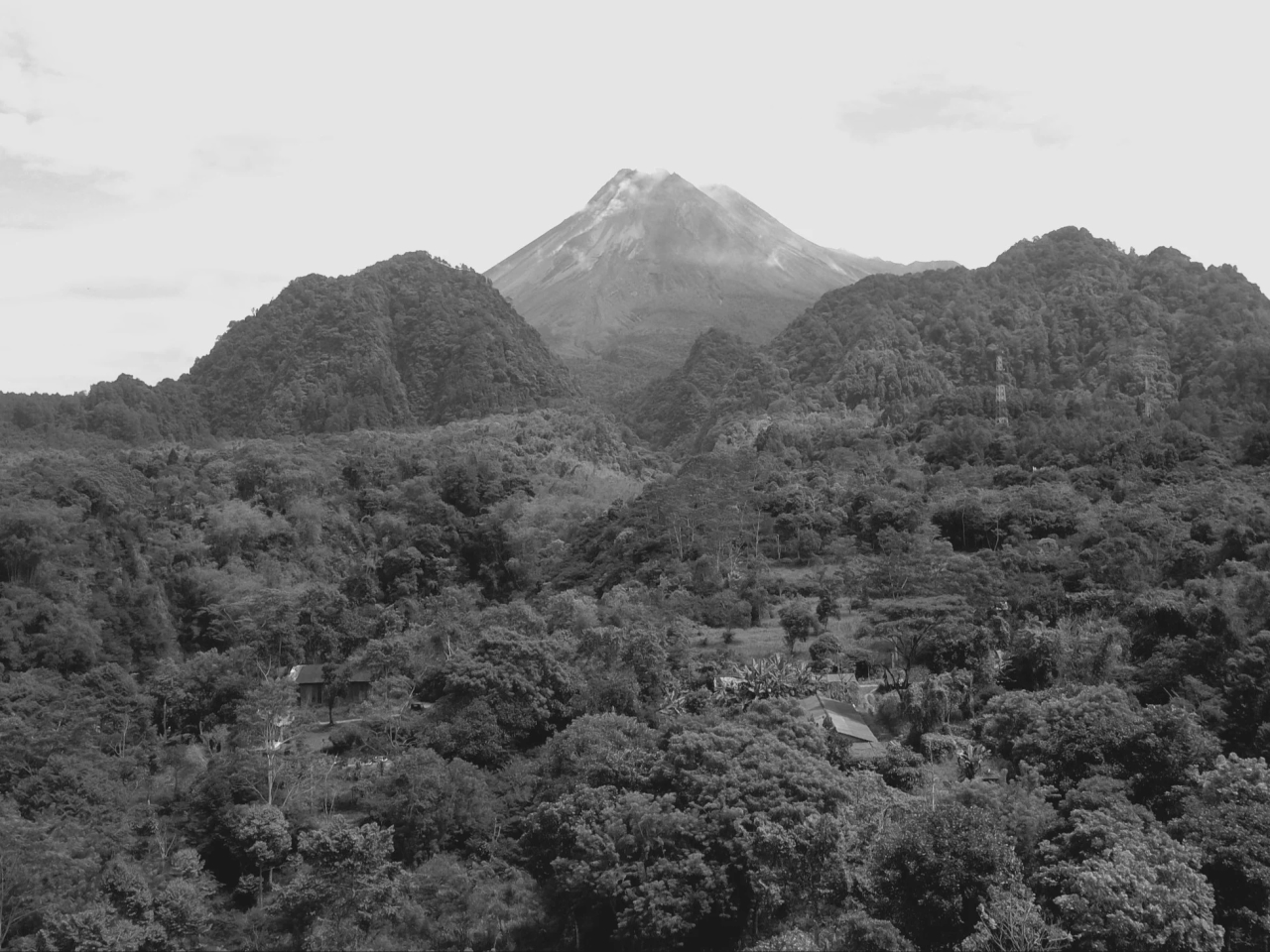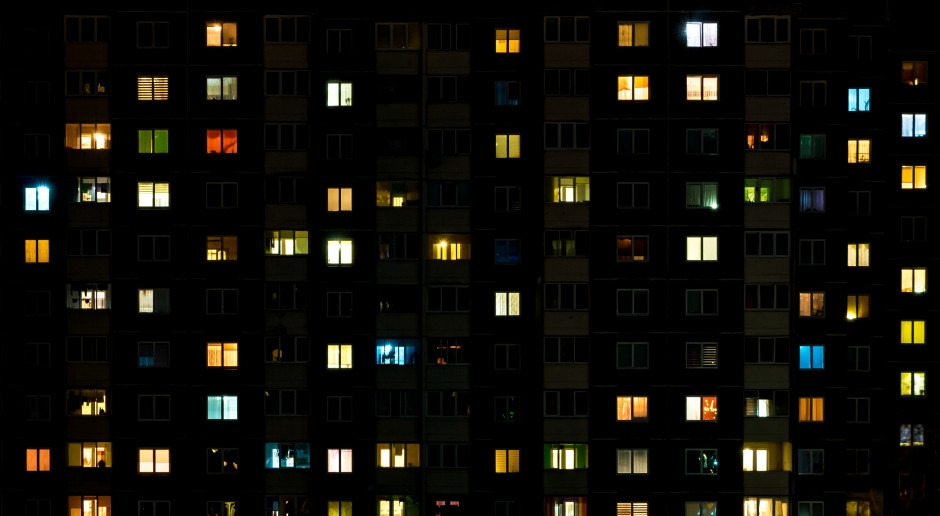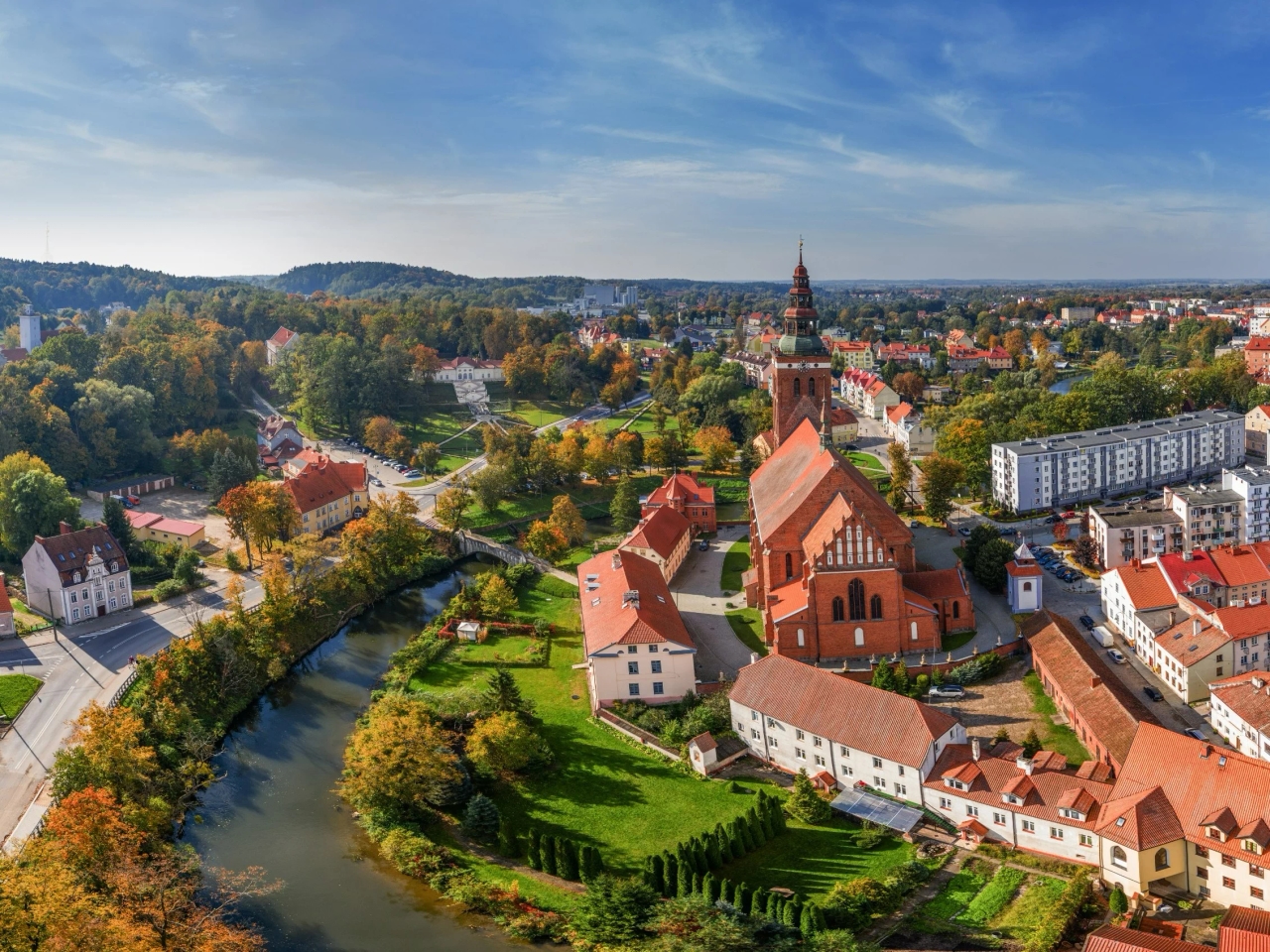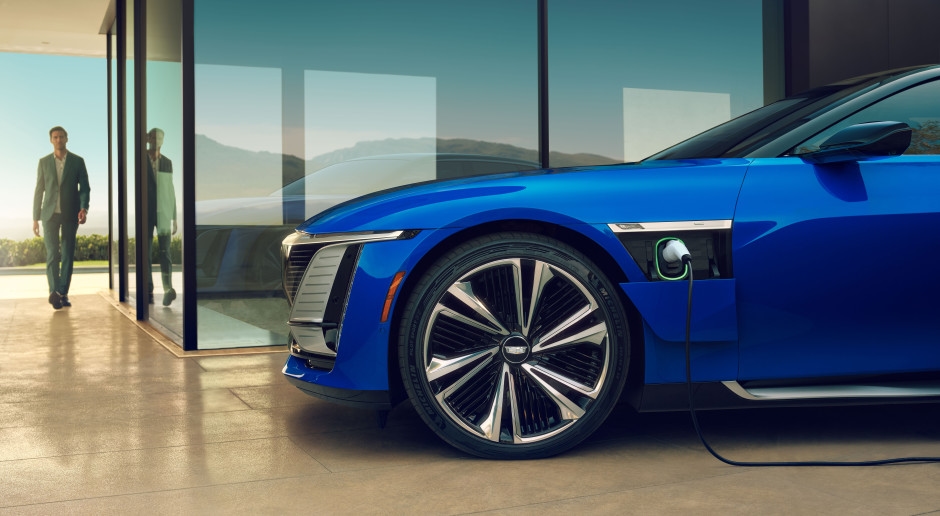We live in the fig tree paradox. What is the paradox of too much choice?

The fig tree paradox, described by writer Sylvia Plath in 1963, perfectly captures the (sad?) image of modernity. In her novel "The Bell Jar," Plath depicts the protagonist, Esther Greenwood, hesitating which fig to pick from a fig tree . The choice is difficult, as each fig offers a completely different path in life. The protagonist, therefore, doesn't know whether to choose love, career, or travel. She ponders until all the figs fall to the ground and rot. She is left with nothing.
Plath's vision is terrifyingly relevant today, and a deeper analysis reveals that we are trapped in a closed system, losing autonomy year after year. Decision-making has arguably never been so difficult. We now consider every aspect of our lives, refusing to consider the possibility of making a mistake.
Experts believe that widespread access to the internet and social media, where we constantly search for answers to even trivial questions, is to blame. Conflicting product reviews available online often prevent purchases, and influencers' recommendations lose credibility the moment they see the "ad" tag on their accounts. The development of artificial intelligence (AI ) doesn't help either; when asked about the same thing, it can provide a completely different answer each time, with the same conviction. Why have we stopped thinking for ourselves?
Lots of possibilities, all badPsychologists call this phenomenon decision paralysis, a kind of dependence on the opinions of others that interferes with our ability to form our own decisions. Amidst the maze of dozens of suggestions and contradictory information, we find ourselves lost every day, unable to choose one thing because it might turn out to be the wrong one, and alternatives will no longer be available.
In 2004, American psychologist Barry Schwartz popularized the paradox of choice in his book. Schwartz writes that having many options to choose from should broaden our horizons and create a sense of freedom of choice, not limit us in any way. Unfortunately, the paradox is that the more options we have, the more difficult it becomes to make a decision. As expectations grow, so does the frustration that we may have made the wrong decision. Perhaps we have wasted time or money.
This leads to regret and anger that perhaps there were better alternatives and we didn't take advantage of them. We're terrified of disappointment and making a mistake, even in something as trivial as choosing a restaurant. We stress that the trip might not be a success because, out of 500 positive reviews online, only a few people wrote that it was terrible. What if that "terrible" thing happens to me? Why do we see it through the lens of "the little end of the world"?
The FOBO effect, or fear of a better alternative, is sometimes so paralyzing that it forces us to make no decision at all. Ultimately , we don't go out to eat, buy wrinkle cream online, or watch a new movie . We find ourselves trapped in a vicious cycle from which there seems to be no escape.
Why don't multiple options help at all?It might seem that widespread access to information and opinions should facilitate decision-making. So why isn't this happening? Experts believe we're exposed to too much information, which is often contradictory and undermines our self-confidence . This also increases the fear of making the "right" decision. No matter how many options we see online, we ultimately bear the responsibility for the decision we make. This can be frustrating if, when making it, we weren't sure if we were making the right decision.
Constantly comparing ourselves to others in the media doesn't help either. Idealized images from Instagram and social pressure demand that we live by a certain standard, one we often don't understand ourselves. We stop enjoying our vacations when we see someone else has gone to a "better" place. We feel dissatisfied after cooking a delicious dish when we watch friends eat something "better" at a restaurant. We feel angry, perhaps jealous, that we made such decisions today, right now. There's a reason for sayings like "everywhere is good where we're not" and "the grass is always greener on the other side of the fence." And while they may have nothing to do with reality, they effectively rob us of the joy of being here and now.
Is it possible to free ourselves from the paradox of too many choices?Experts believe that this isn't such a simple task these days. Especially since we're literally bombarded with Instagram recommendations, an endless wave of TikTok trends, and "perfect" suggestions from GPT chats. To break this vicious cycle, experts recommend first limiting your options. Instead of browsing every Italian restaurant in town, choose the criteria you're looking for and make a decision based on three reviews. If you're not satisfied, well... tough luck. This can happen, and you need to learn to avoid making these "mistakes."
If you spend too much time each day thinking about what's for dinner tomorrow or what you'll wear to work, try planning it in advance by writing it down. You can always change your mind, but on paper you have the options you've considered. Regularly disconnecting from technology is also a good idea. You really don't have to constantly follow trends and know everything. This can allow you to make spontaneous decisions more easily, without having to check whether you're doing it right.
Analyzing the fig tree paradox, one can see that not making a decision is worse than making any choice at all. In the fight for autonomy, it's crucial to regain self-trust and accept that every decision can be both good and bad. The important thing is that it's an independent decision.
well.pl





